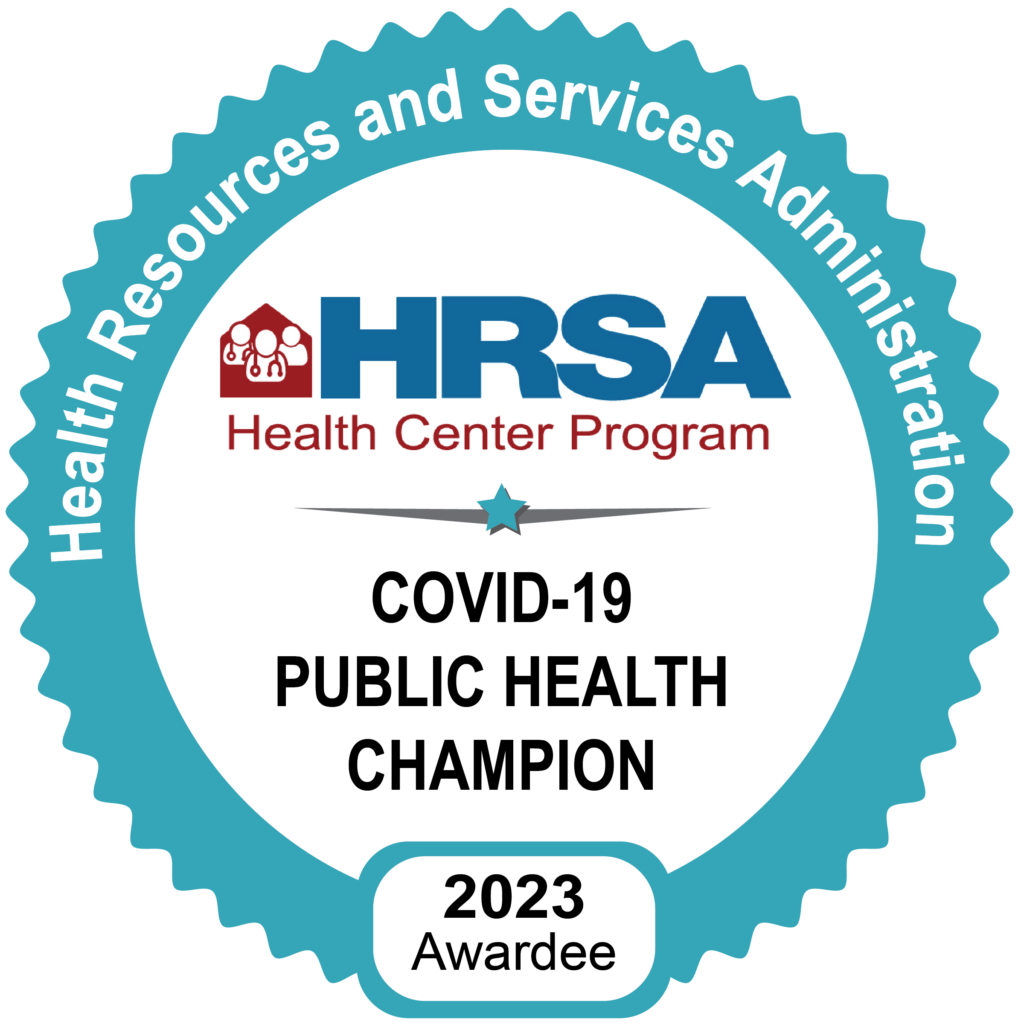When we mere mortals seek to escape the limitations of our fragile body, we are wont to create superheroes with extraordinary physical and mental powers.
Yet that which can endure longer than the steel that holds together our machinery and buildings, that which can be mightier than any army marshaled against it, and that which can make us richer than our wealthiest billionaires always can be found in the hearts of some of the frailest among us.
Dr. Richard Sacra, a local physician and Holden resident, reminded us of this last year when he rode into the teeth of the Ebola epidemic in Liberia, even as others thousands of miles away were ducking for cover and closing their church doors to West Africans.
And even now, after he contracted and recovered from the deadly virus, it is the humility and not the boldness of the experience on which Dr. Sacra dwells, the humility to accept that “I don’t always do things the right way to protect myself and be safe and keep others safe and we as a medical community have to be ready to learn,” he said.
“There were a lot of things said by the experts that turned out not to be true.”
It was understood, for example, that having a fever indicated a potential infection by the Ebola virus. That did not stand up in the cases involving very sick patients and pregnant women without fevers, he soberly came to learn. It was from helping these pregnant women deliver their babies that he contracted the virus, Dr. Sacra said.
He was successfully treated at the Nebraska Medical Center, from which he was discharged Sept. 25, 2014. He is among the lucky survivors of the virus, which has a fatality rate of up to 90 percent in some places.
According to the World Health Organization, some 11,300 people have either been confirmed as victims or are suspected of dying from the virus cumulatively in Guinea, Liberia and Sierra Leone.
A member of the North Carolina-based SIM USA missionary organization, Dr. Sacra had spent years working at the group’s hospital in Liberia. Since being cured of the Ebola virus, he has gone back several times to work and to help raise money for the hospital. He is planning on going again next month.
He was comforted, not by the heroism of his work, but by his commitment to his beliefs.
“My faith really came through for me in this crisis,” he said.
“I have to say I was comforted and put at peace by being able to pray and read the Psalms, by having the encouragement of the people around me, like my family who kept me calm and comforted. Looking back … wow, I didn’t panic. The things I have been talking about all my life really worked. It was a confirmation of my faith.”
His story, he said, can be told a thousand times in the experiences of others in Liberia in “every way and from every level, from the chief medical officer, down to the nurse’s aide, all amazing and inspiring people, many facing pressure from home, being told “if you go back to work, we don’t want you back in our house.”
He spoke about his colleagues, who less than 20 hours after he left to be treated for the Ebola virus, arrived in Liberia to take his place. He spoke about a similar level of dedication, commitment and professionalism by the staff at the Worcester Family Health Center, where he usually works when he is in town.
“I feel my colleagues are all made of the same stuff, all keeping a focus on the well-being of others,” he said.
The focus will be on him Thursday, beginning around 6:30 p.m., at the Wesley United Methodist Church on Main Street in Worcester, where on the invitation of the United Methodist Women’s group he will will speak on “Ebola and its Aftermath: Keeping the Focus on Africa.”
Members of the Liberian Society will be in attendance. The Ghanaian choir will perform, and Mayor Joe Petty is expected to present Dr. Sacra with a key to the city.
Holden resident Margaret Watson, who helped arrange the event, had never met Dr. Sacra but was touched by his story.
“In an age where cynicism and trumpery all too often make the headlines, there are those who quietly go about their lives ministering to others and are not usually recognized,” she said.
“Dr. Sacra is one of those, but there are many others, and these are the ones who keep up our hopes that the human race will eventually sort through the mischief and misbehavior and help us progress toward better understanding.
“Young people need some examples when they plan their lives. They often have little knowledge of real heroes since we emphasize the negative so much.”
They know and have one now.
Clive McFarlane
Worcester Telgram & Gazette




